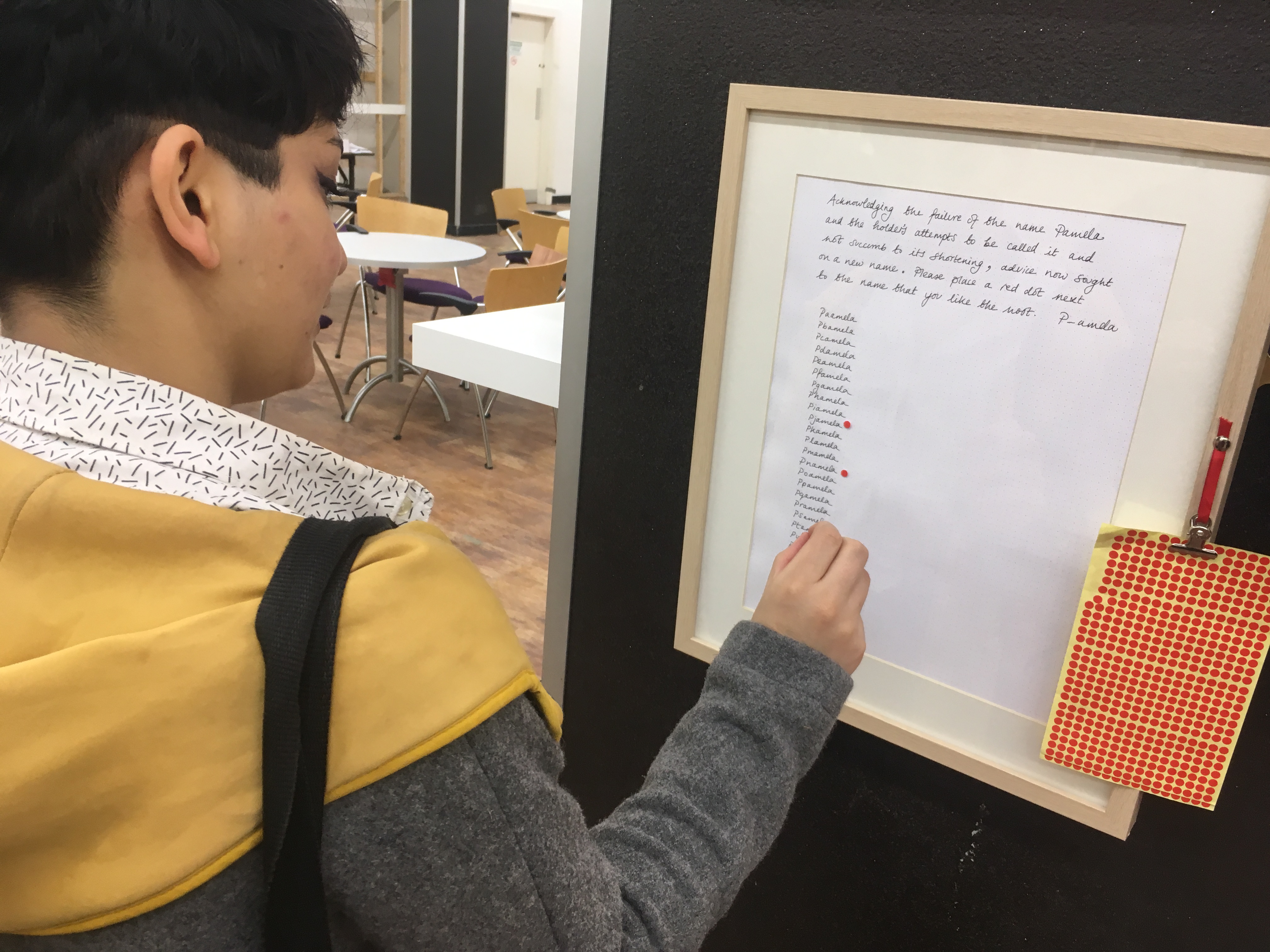Active Text, Tuesday June 14, 7pm-8pm, Zoom

All welcome to join us for a discussion in which Leeds-based artist and writer Pamela Crowe explores what the 'active' qualities of a text can be.
Please join us. Click this link to register on Zoom.
Active Text, Pamela Crowe
How can the written word transmute into useful (active) language that goes beyond lip service into realised and tangible change?
Drawing on the work of independent academic Sara Ahmed who 'follows words around' (On being included, What's the use?, Complaint!) to 'ask about where they go' and how they are 'put into active use', Crowe proposes repositioning tools (script, voice, performance, role-play) traditionally used within theatre studies and performance to interrogate policy, manifesto and strategic/'vision' documents to ask what a text does, how written and spoken commitments might recurrently fail to bring about change, instead prohibiting it by acting as a substitute for action by seeming to assert institutional competence through words alone.
Feedback from the West Yorkshire Adversity, Trauma and Resilience Knowledge Exchange event, Alice Bradshaw
Alice Bradshaw will present brief feedback notes from the Adversity, Trauma and Resilience Knowledge Exchange event, organised by West Yorkshire Health and Care Partnership and West Yorkshire Violence Reduction Unit. This will provide a shared "case study" for Pamela's talk.
All welcome. Click this link to register on Zoom.
Photo by Pamela Crowe from p_amela.
Sharing Umbrellas Part 2: An Interview with Landscape Architect Bridget E. Snaith
In the second part of Sharing Umbrellas, her report on our West Yorkshire Walks in Harehills, Leeds, in July 2023, Vivien De Brito interviews landscape …
Review of Same Skies Film Screening
On Tuesday 11th October, Same Skies Think Tank held a screening of films in the basement of Hyde Park Book Club. There were refreshments, there …
Regional Democracy - a recent timeline from West Yorkshire
Regional Democracy comes from below, it's about being positive and actively taking responsibility. Devolution by necessity comes from above, ceding responsibility from the top downwards …
